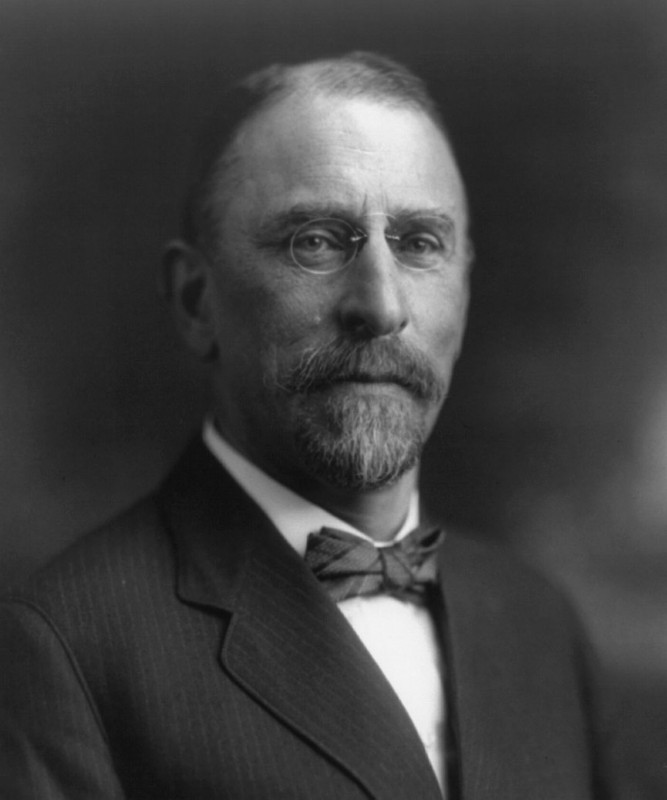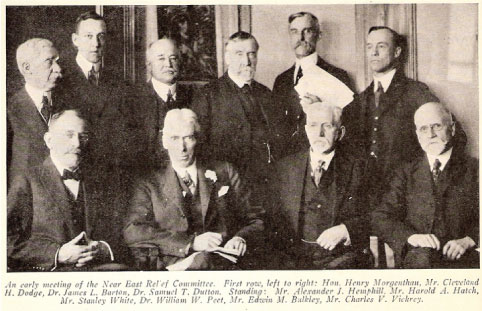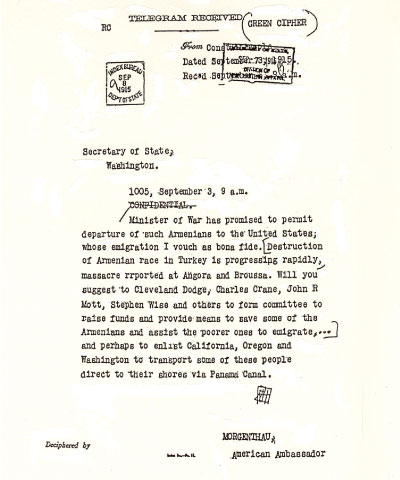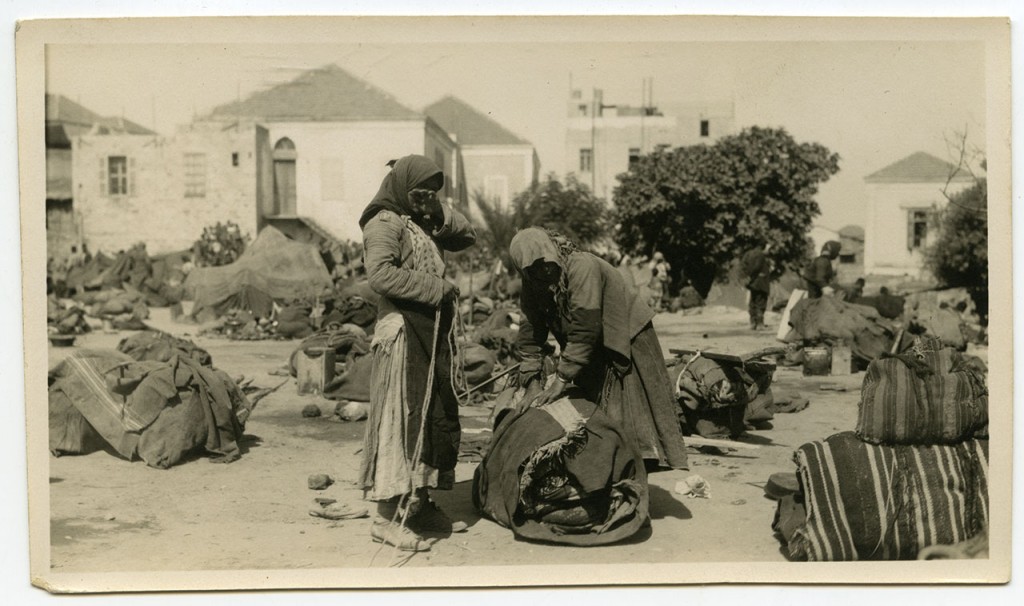July 16, 1915
Henry Morgenthau’s Urgent Telegrams
Henry Morgenthau, Sr., U.S. Ambassador to the Ottoman Empire from 1914 – 1916, initially turned down the appointment because he had hoped to serve in President Wilson’s cabinet. Once he arrived in Constantinople, Morgenthau quickly established himself as an advocate for the 2.5 million Armenians living under oppressive Ottoman rule.
When he received word of the deportations of Armenians from the Turkish interior, Morgenthau exhausted diplomatic channels to avoid further casualties. He met with Ottoman officials, but made no progress. On Sept. 3, 1915, Morgenthau sent a telegram to the U.S. State Department requesting that the Secretary of State ask several prominent American men to form a committee to raise funds for Armenian refugees. This telegram launched the committee that would become Near East Relief.
While still in Constantinople, Ambassador Morgenthau was responsible for distributing the funds raised by Near East Relief. Morgenthau returned to the United States in 1916. He continued to speak openly about the plight of minorities in Ottoman Turkey.




